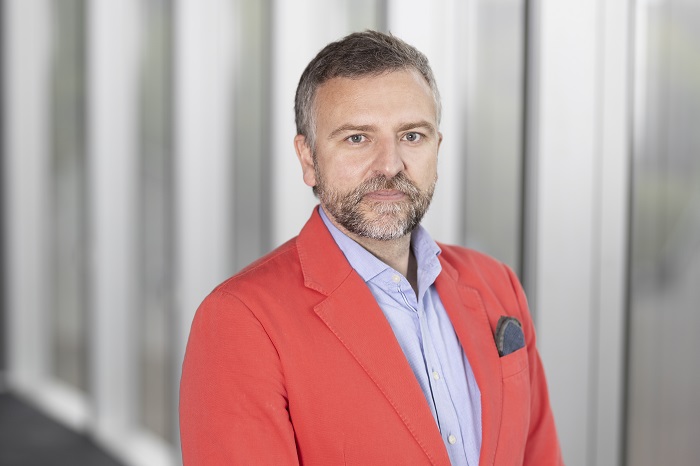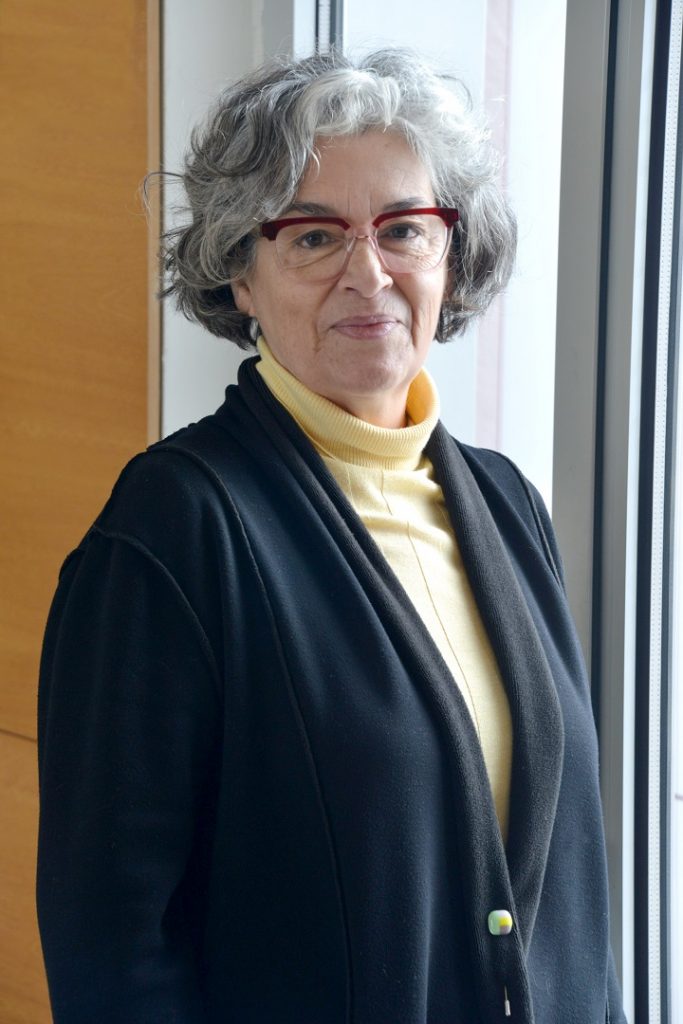Succeeds Prof. Josep Paradells, who took up the management of the institute at the end of 2015
Dr Sergi Figuerola Fernández has been appointed new director of the i2CAT Foundation by the board of trustees in a meeting held last January 17th. Figuerola succeeds the professor of the Polytechnic University of Catalonia (UPC) Josep Paradells, who led the entity since October 2015.
Sergi Figuerola is a Telecommunication Engineer and PhD in Telecommunication Engineering from the Department of Theory and Communication of Signals of the UPC, PDG-2019 for IESE and Master in Project Management for La Salle (URL). He joined the i2CAT Foundation in 2004 as coordinator of the Technologies Network Area, becoming director of the Networks and Distributed Applications Area in 2010 and Chief Technology and Information Officer (CTIO) in 2013.
In the last twenty years, he has participated in leading roles in various research projects funded by the European Commission in the field of telecommunications, 5G and the new generation of the Internet, and has contributed to more than 50 scientific publications. Currently, he is a member of different technical programs of international conferences and evaluator of projects and national and international research programs. He will also participate as a coordinator in the definition of the New Space strategy of the Government of Catalonia.
In the words of the new director, “it is an honour to assume this role, and I am committed to working so that the centre continues to generate impact through research and innovation of excellence. The talent of the i2CAT team is the cornerstone, and I have the certainty I will continue to support an environment that promotes collaboration with the solid foundation of the mission, vision and values of the centre. i2CAT stands out because it acts as a unique link between the academic, public and private sectors, but now our goal is going further to contribute to the transformation of the Catalan ecosystem and creating an advanced digital society in Catalonia”.
Figuerola will work to “consolidate the institution, strengthen sectors and technologies and to position i2CAT as a leading European centre in R+D+I and prepare it for the future”.









